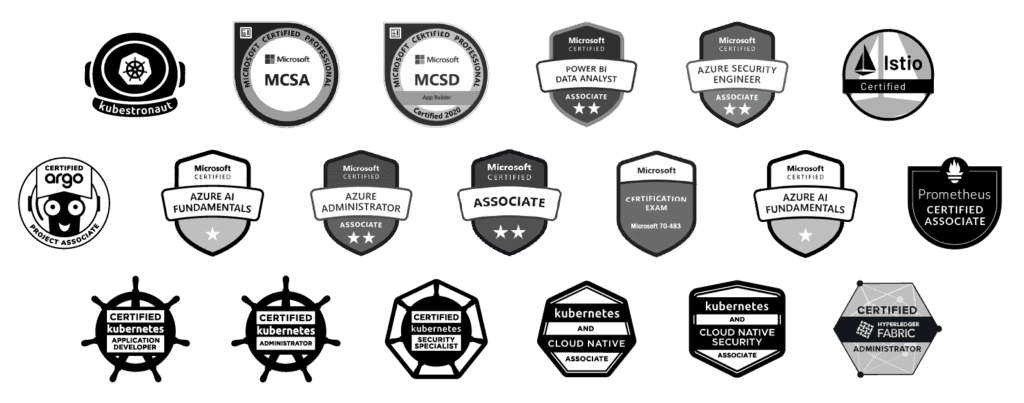Boundaries between front-end and back-end technologies are increasingly blurring. Let’s embark on a journey to understand Kubernetes, a powerful tool that’s reshaping how we build, deploy, and manage applications.
As a front-end developer, you might wonder why Kubernetes matters to you.
Here’s the answer: Kubernetes is not just for back-end pros; it’s a game changer for front-end developers too.
As you might know, Kubernetes, at its core, is an open-source platform designed for automating deployment, scaling, and operations of application containers. It provides the framework for orchestrating containers, which are the heart of modern application design, and it’s quickly becoming the standard for deploying and managing software in the cloud. Veritas Automata provides a market differentiator. Interested,
learn more here.
Containerization is a pivotal concept that front-end developers need to grasp to dive into Kubernetes. In simple terms, a container is a lightweight, stand-alone, executable package that includes everything needed to run a piece of software, including the code, runtime, system tools, libraries, and settings.
For front-end developers, containerization means a shift from thinking about individual servers to thinking about applications and their environments as a whole. This shift is crucial because it breaks down the barriers between what’s developed locally and what runs in production. As a result, you can achieve a more consistent, reliable, and scalable development process. This helps integrate Front-End with Backend Processes = A Critical Shift.
Kubernetes facilitates a critical shift for front-end developers: moving from a focus on purely front-end technologies to an integrated approach that includes backend processes. This integration is vital for several reasons:
I have the honor of presenting this topic at a
CNCF Kubernetes Community Day in Costa Rica. Kubernetes Day Costa Rica 2024, also known as Kubernetes Community Day (KCD) Costa Rica, is a community-driven event focused on Kubernetes and cloud-native technologies. This event brings together enthusiasts, developers, students, and experts to share knowledge, experiences, and best practices related to Kubernetes, its ecosystem, and its evolving technology.
Last but not least, mastering Docker and Kubernetes has evolved into a critical competency that can substantially elevate one’s professional profile and unlock access to high-paying job opportunities. In the contemporary tech landscape, where agile and scalable application deployment is non-negotiable, proficiency in Docker is a prerequisite. Furthermore, integrating Kubernetes expertise amplifies your appeal to employers seeking candidates who can orchestrate containerized applications seamlessly. By showcasing Docker and
Kubernetes proficiency on your CV, you not only demonstrate your adeptness at optimizing development workflows but also highlight your ability to manage complex containerized environments at scale.
This sought-after skill combination is indicative of your commitment to staying at the forefront of industry practices, making you an invaluable asset for organizations aiming to enhance system reliability, streamline operations, and reduce infrastructure costs. With Docker and Kubernetes prominently featured on your CV, you position yourself as a well-rounded professional capable of contributing significantly to high-impact projects, thus enhancing your prospects for securing lucrative and competitive positions in the job market.
Want to learn more,
add me on LinkedIn and let’s discuss!












